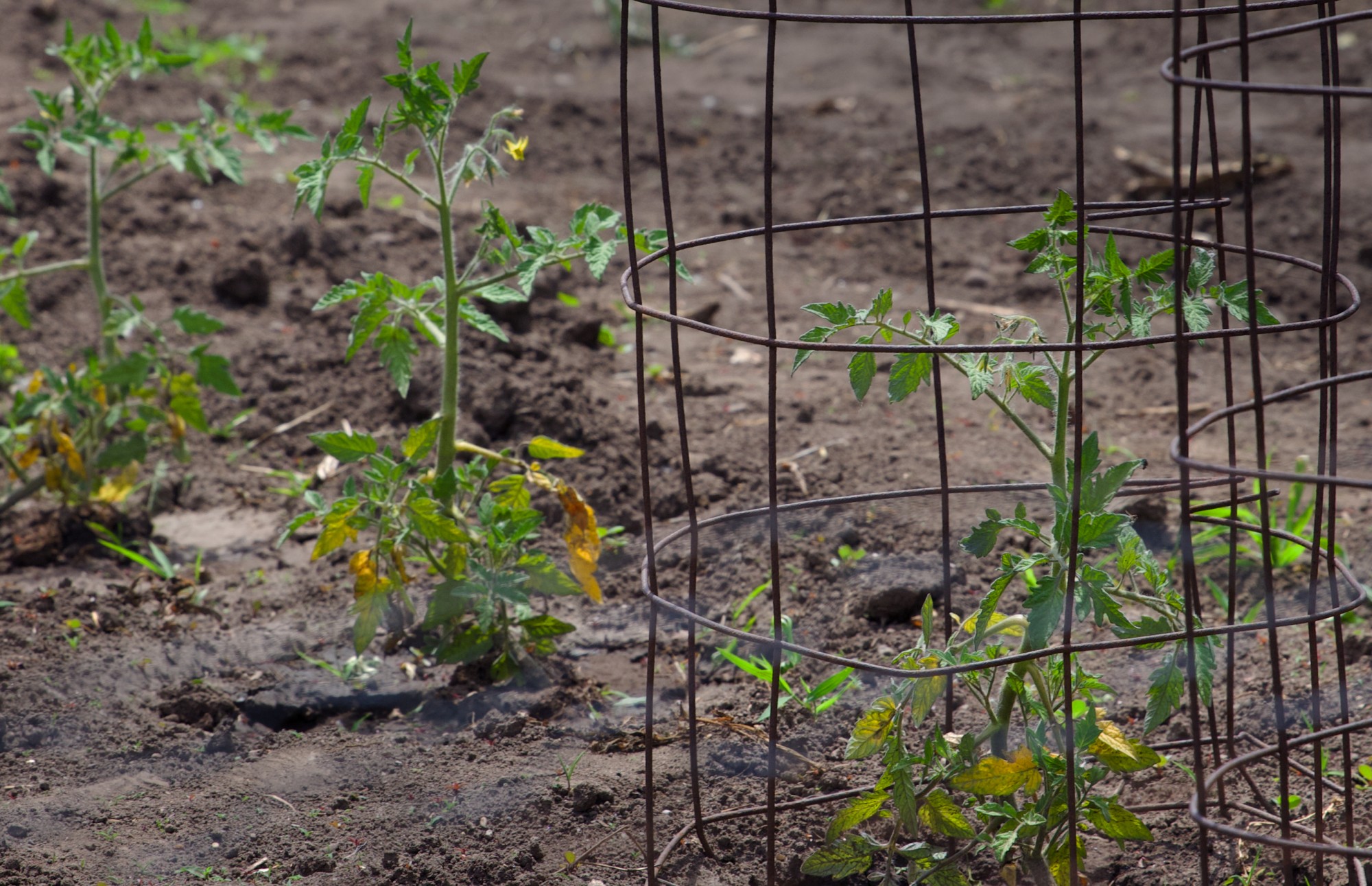Falcon Heights resident Quentin Nguyen was getting down and dirty removing sod from his front yard in mid-May when he received a letter.
He was working on creating a community garden to share vegetables with his neighbors.
“It’s a big yard, about 0.6 acres … so last fall I came up with the idea to make it into a vegetable garden so that I can share and give to other neighbors.”
When the city caught wind of the idea from a Facebook post, they sent him a letter that put those plans to a halt.
The letter revealed a new interim city ordinance temporarily banning vegetable gardens in the front yards of residences in Falcon Heights, home to the University of Minnesota’s St. Paul campus. When Nguyen posted to social media about his plans, he used the term “community garden,” resulting in the city council’s interference.
“I used the term ‘vegetable community garden,’ but I never understood what a community garden was all about,” Nguyen said. “I knew it was public land, but I didn’t know about renting out plots, putting a fence up and selling and buying.”
Nguyen said the goal of the project was to do the work himself by preparing the yard and planting the vegetable seeds with the intent of giving away produce to the community.
“If any neighbors wanted to stop by to pluck weeds or take their children to look at how the vegetables are growing … that’s the whole intent behind it,” Nguyen said. “But some neighbors misunderstood my original post.”
Falcon Heights council member Melanie Leehy said the temporary ban was instated because a garden like Nguyen’s would be considered a commercial venture and requires city approval. She added that there is no parking available on Nguyen’s street, which makes it nearly impossible to do a community garden with residents from different parts of the city.
“If you want to do things that are going to strengthen the community, you are going to think of neighbors before you think of people that live even half a mile away,” Leehy said.
Leehy said Nguyen had previously received approval from the council to turn his front yard into native landscaping but changed his mind. Instead of going to the council like he did before, he posted his plans on social media.
“When things go in the media without people contacting city hall to do things in a healthy way, they are making it difficult on themselves when instead they could have gone to city hall and had a conversation,” Leehy said.
Natalie Hoidal, a University Extension educator with local foods and vegetable production, said there is currently an ongoing movement to rescind the ban. She said the Fargo area recently had a similar experience and changed the rules to allow for gardens in the area between the sidewalk and the road.
Hoidal said from a plant health perspective, there is no difference from plants growing from the front yard versus the backyard and that it tends to be more of an aesthetic preference.
Following some backlash, the city is looking to expand the official Falcon Heights community garden. Leehy said a lot of research went into its creation, and people who do not have yards are able to lease a plot for a season to grow produce.








